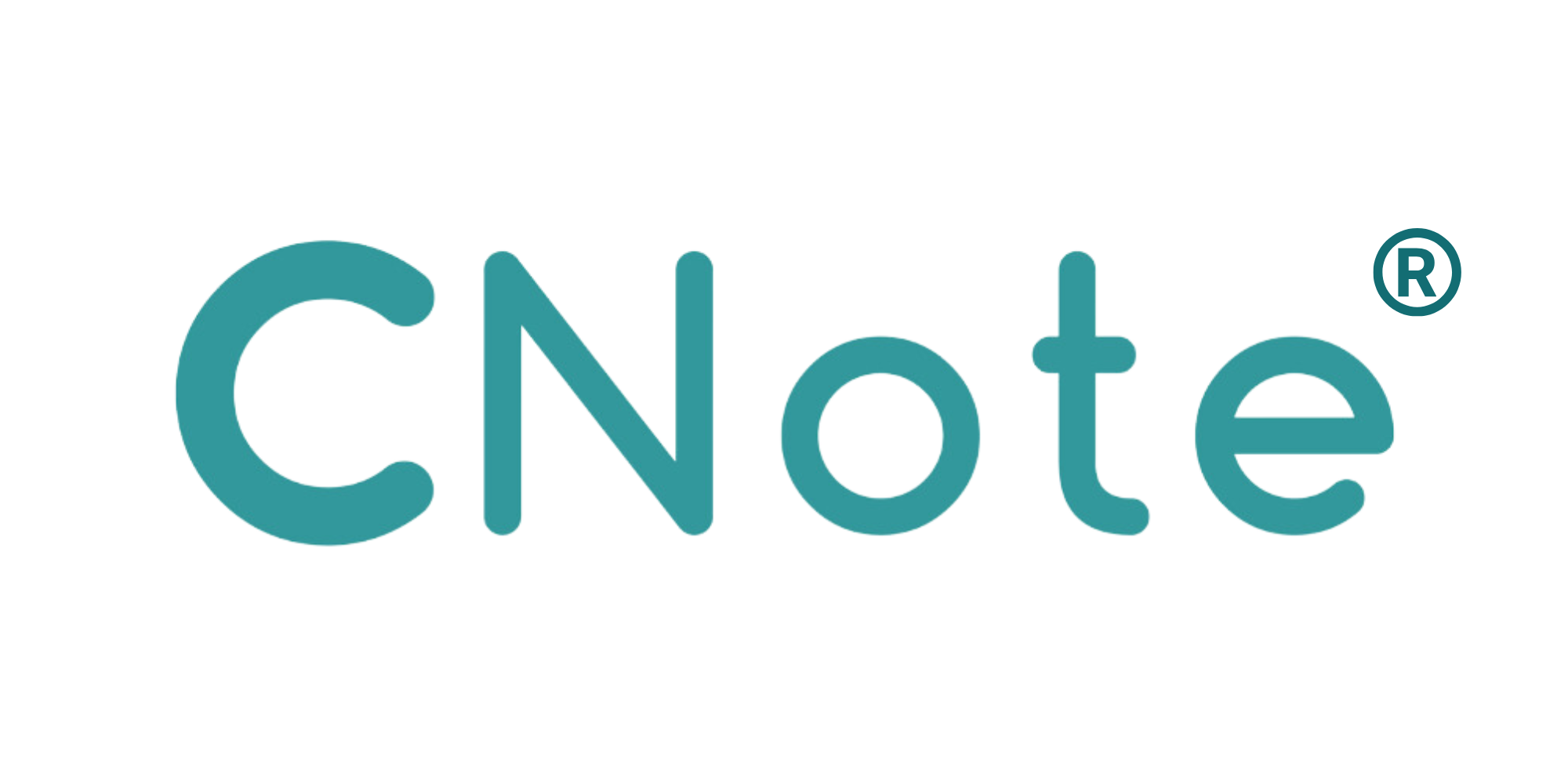This piece advocating for our CDFI partners originally featured in The Hill.
President Trump’s rescission package was narrowly defeated in the Senate after passing the House. As it failed, Community Development Financial Institutions (CDFIs) rejoiced as they narrowly escaped peril. But what is a CDFI, and why should you care? According to the Department of Treasury’s own website, “CDFIs share a common goal of expanding economic opportunity in low-income communities by providing access to financial products and services for local residents and businesses.” If you believe in the American dream that anyone can get ahead through hard-work and merit, then the work CDFIs are doing should resonate with you.
Unfortunately, this administration clearly doesn’t support this version of the American dream and doesn’t believe in its promise. Trump’s backwards rescission package included $141.7 million in funding cuts for the Capital Magnet Fund (CMF) for 2018, a fund upon which CDFIs rely to develop affordable housing. The fund “offers competitively awarded grants to finance affordable housing solutions and community revitalization efforts that benefit low-income people and communities nationwide”

A skeptic might say that all sounds well and good, but does it actually work? In short, yes. To date, that fund has generated over $12 of investment for every $1 of funding awarded. To get more specific, in 2010 alone, $80 million in CMF awards generated $1.8 billion in investment–20x leverage that created more than 13,000 affordable homes.
As a businessman, President Trump should appreciate the competitive market-based approach and the great return on investment this fund has delivered to the American people. CDFIs, and their associated programs, serve as a prime example of high-functioning public-partnerships. Programs with such massive returns, especially for those that need it the most should be expanded, not threatened by ill-conceived cuts.
At CNote, we partner with CDFIs, who help increase economic opportunity by funding female and minority small business owners, affordable housing, and other community development projects across the country. We are moved every day by the positive, tangible impact CDFIs have. But CDFIs, their impact, and their communities were all thrown under the bus with Trump’s rescission package.
You show me your budget and I’ll tell you what constituency you truly serve. It’s clear that President Trump’s budget shows he doesn’t value CDFIs and the local economic development they create, but Congress should–there are hundreds of CDFIs in Congressional districts and states spanning the US. In fact, just last year Congress approved an increase in appropriations for CDFIs and President Trump approved it, after originally proposing cuts. Oh, and did I mention? Once again this year, Congress and President Trump (after threatening to zero out the funding for CDFIs) increased CDFI appropriations. Thank goodness our government did. When a proven program has a 12:1 return for the American people, cutting it isn’t just bad economics, its bad policy. If anything, we should be investing more.
The mixed messages we’re getting from Washington are injecting uncertainty in an industry that has provided hundreds of thousands of jobs and affordable housing units to Americans. All of those positively impacted by CDFIs have to mobilize and speak up. Make no doubt about it, these programs are under attack and it’s better to get off the sidelines and support the causes and communities we care about, than to watch as bad economic policy strangles the chance for a more inclusive and fair American economy. When the American dream of advancement is in danger, we have to work to keep it alive.
–Catherine Berman, CEO, mycnote.com


